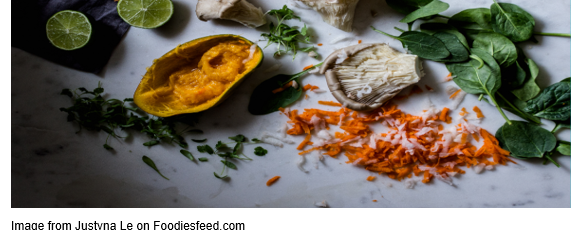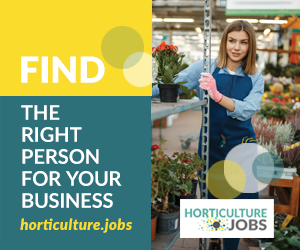Linda Cullen, Strategy and Planning Specialist, Bord Bia – Irish Food Board
This Foodalert article looks at the changing world of food and drinks from a recent exhibition in London entitled ‘Food Bigger than the Plate’ which focused on innovation and how the choices we make as food consumers can radically impact the future.
The exhibition examined how innovative individuals, communities and companies are re-inventing how we grow, distribute and experience food and how this can shape the future of the food and drink industry.
The theme of sustainability was explored through managing waste materials and creating a more resilient food system by closing the nutrient loop. One of the installations, an onsite mushroom farm called GroCycle is an innovative social enterprise based in Devon who grows mushrooms using sustainable and low-tech methods. Showcasing the idea of a circular economy, mushrooms were grown in the gallery from used coffee grounds. These cultivated mushrooms were then used as ingredients and served in the restaurant. The installation challenges the notion of ‘waste’ materials, with the coffee grounds being recycled and reused. Fitch Solutions have identified food waste as the key sustainability topic for the food and drink industry in 2020. Governments, food manufacturers, retailers and consumers will all be stakeholders in the food waste conversation. The scale of the problem has been highlighted by the Food and Agriculture Organisation (FAO), with around a third of the world’s food being wasted. Food waste reduction initiatives at an international level are being coordinated via the UN Sustainable Development Goals. The initiative was launched in 2015, with a number of institutions and businesses globally signing up and pledging to reduce food waste by 50% by 2030.
Also included in the exhibition was an edible water bottle capsule made from seaweed-extract which is a 100% natural alternative to plastic bottles. Designed for consuming on-the-go, the bottles can either be ‘eaten’ or left to degrade naturally in around 6 weeks. The edible packaging can also be used for other liquids such as energy drinks, juice, sauces and condiments.
Company Drinks, a community enterprise in East London reconnects consumers and producers in new ways and brings people together to pick, process and produce drinks and had a bar in the gallery serving drinks to exhibition visitors. This concept taps into the trend of rising consumer participation and influence in the areas of product and brand development. According to US-based retail advisory platform MakerSights, collaboration, transparency, and continuous dialogue is top of mind for today’s consumers when making purchase choices. US beauty brand Glossier is the current benchmark for successfully building marketing into new product designs, involving its customers at every stage to guide the product roadmap.
The final exhibit in the show was LOCI Food Lab, a travelling food cart providing each visitor with a customised bioregional dish based on their answers to a quiz on what food future they would like to see. This also resonates with the trend of increasing consumer brand collaborations and co-creation.
These concepts provide a vision of alternative food futures and ideas for navigating the changing relationship between the consumer and the food and drink industry.
Check out Bord Bia’s Trends Programmes for ideas and inspiration to power growth.
References:
Food Bigger than the Plate https://www.vam.ac.uk/exhibitions/food-bigger-than-the-plate
Macro Research Fitch Solutions www.fitchsolutions.com
Stylus www.stylus.com
Bord Bia https://www.bordbia.ie/industry/insights/consumer-insights-team/









